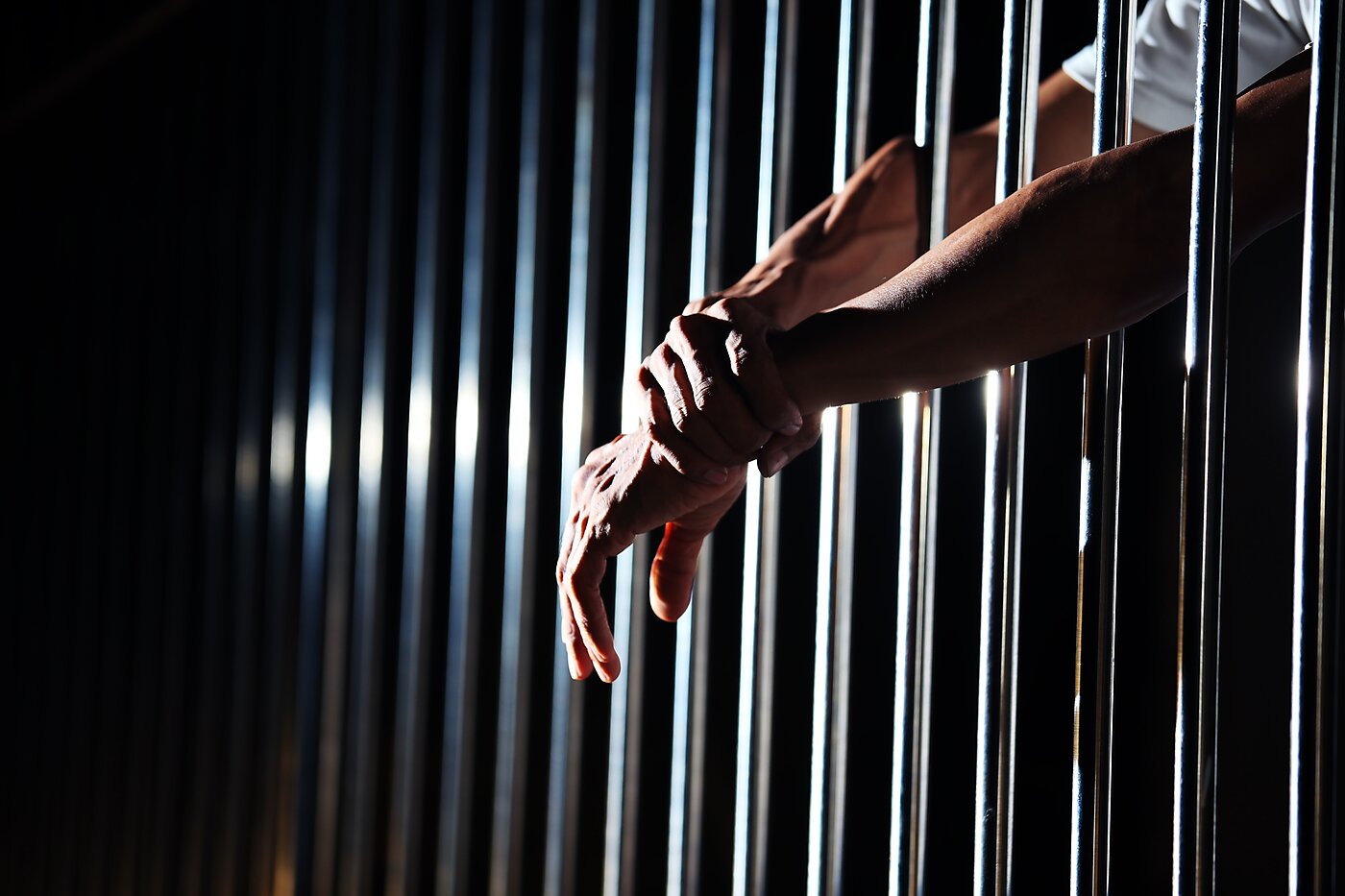
In recent years, the prison system has become a focal point of public debate, sparking discussions about justice, rehabilitation, and the human rights of inmates. As societies grapple with crime and punishment, the complexities of modern prisons reveal a multifaceted reality that challenges traditional notions of incarceration.
The United States, which has one of the highest incarceration rates in the world, is often at the center of these discussions. With over 2 million people currently behind bars, the sheer scale of the prison population raises questions about the effectiveness of punitive measures versus rehabilitative approaches. Many experts argue that the current system is not only costly but also fails to address the root causes of crime, leading to high recidivism rates. According to the Bureau of Justice Statistics, nearly 68% of released prisoners are rearrested within three years, highlighting the need for a more effective rehabilitation strategy.
Prisons are often criticized for their overcrowded conditions, which can lead to violence and deteriorating mental health among inmates. A report by the Vera Institute of Justice indicates that many facilities operate well above their intended capacity, resulting in cramped living conditions that are detrimental to both inmates and staff. This overcrowding exacerbates tensions and can hinder rehabilitation efforts, as inmates are often deprived of access to educational programs and mental health services.
The issue of mental health in prisons is particularly alarming. Many inmates suffer from untreated mental illnesses, and the prison system has become a de facto mental health facility for individuals who cannot access appropriate care in the community. Advocates argue that prisons should focus on treatment rather than punishment, promoting mental health resources and support systems that can help inmates reintegrate into society upon release.
Moreover, the racial disparities within the prison system cannot be overlooked. Studies have shown that people of color, particularly African Americans and Hispanics, are disproportionately represented in the prison population. This raises critical questions about systemic racism and the need for criminal justice reform. Activists are calling for changes that address these disparities, advocating for policies that focus on prevention and equitable treatment within the justice system.
In response to these challenges, some states are beginning to implement reforms aimed at reducing prison populations and improving conditions. Initiatives such as diverting non-violent offenders into treatment programs and expanding parole eligibility are steps toward a more humane approach to justice. Furthermore, there is a growing recognition of the importance of restorative justice practices, which focus on repairing harm and fostering dialogue between victims and offenders.
As society continues to evolve, so too must our approach to incarceration. The conversation around prisons is shifting, with an increasing emphasis on rehabilitation, mental health, and social equity. By addressing the underlying issues that contribute to crime, we can create a more just and effective system that not only holds individuals accountable but also supports their reintegration into society. The path forward requires a commitment to understanding the complexities of the prison system and a willingness to embrace change for the betterment of all.


댓글 달기 WYSIWYG 사용